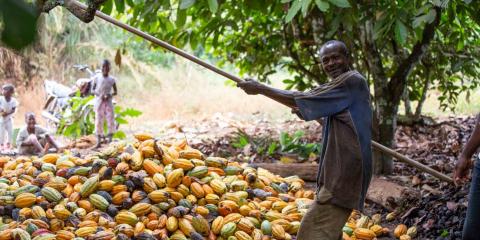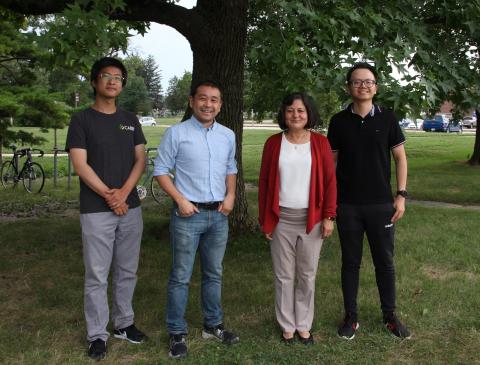URBANA, Ill. – A family’s socioeconomic status affects children’s health long into adulthood. Individuals growing up in low-income families have much higher risk of obesity and obesity-related diseases later in life. That’s especially true for permanent low-income families, a University of Illinois study shows.
“There has been a lot of research connecting parents’ socioeconomic status with children’s future outcomes. Our innovation in this study is to differentiate the importance of two components, which are permanent and transitory income. Each of these would have different policy implications,” says Yilan Xu, associate professor in the Department of Agricultural and Consumer Economics at Illinois, and lead author on the study.




